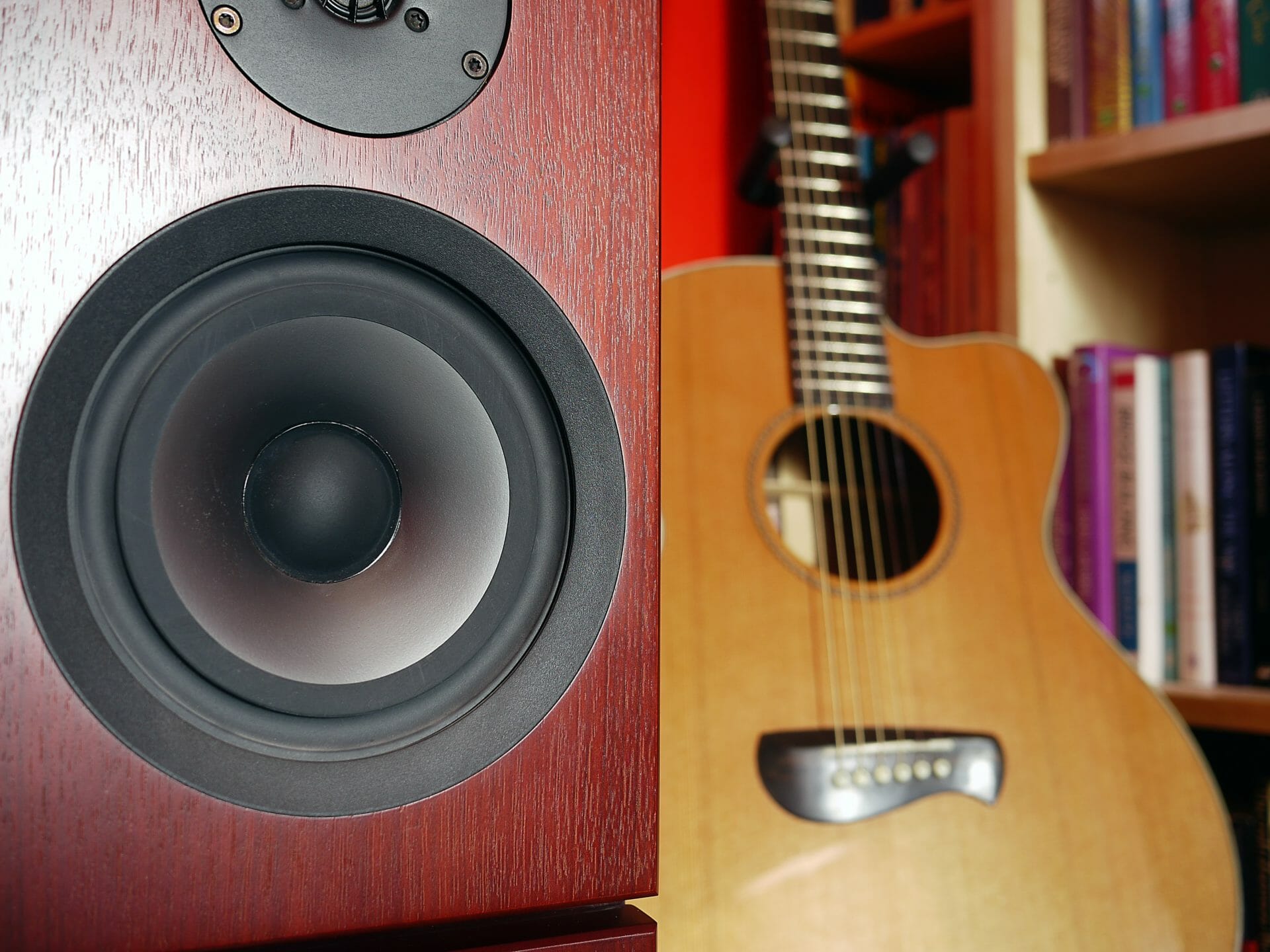Late-night gatherings, music that shakes the walls, lawnmowers powered on as soon as the sun rises. Condos and HOAs can be noisy, and unfortunately, residents will have to tolerate a bit of excessive noise every now and again. It’s part of living in a community. But, if a noise disturbance becomes a regular occurrence, then steps must be taken to resolve the issue.
Table of contents
- What is a noise nuisance?
- Make the rules regarding noise issues clear
- Issues between neighbours
- Ongoing noise issues
- Resolution process
Every board has an obligation to investigate noise disturbances, even if it’s only to determine whether additional actions must be taken. Noise is something that can be tricky to define, and prove for that matter. One neighbour might be very bothered by a loud television, but another neighbour may not even notice the sound.
Click here to download our violation letter template
What is a noise nuisance?
Generally, a nuisance consists of one or more of the following issues:
- An activity that unreasonably interferes with another resident’s quiet enjoyment of their home or use of a common area
- A use or an action that creates conditions that are hazardous, noxious or offensive
- A violation of a local, provincial/state or federal law
Common nuisances within HOAs and condos include odours like cigarette smoke or garbage, visual issues such as clutter on a balcony or patio, and of course noise. Loud conversations, yelling, musical instruments, home theatres and hard surface flooring can all be noise nuisances.
If a board has been approached with a noise complaint, they should take the following points into consideration before speaking to the member who may be responsible for making too much noise:
- Is there only one owner making the complaint? If this is the case, then the matter could be a neighbour-to-neighbour dispute
- Noise issues need to be addressed carefully. Would the issue at hand be a problem for any neighbour, or is the person making the complaint hypersensitive to noise?
- Noise nuisance complaints are fact-specific, and different issues may require different solutions. Some members may only need a friendly reminder about noise levels, but the board may have to issue a fine to other members who continue to make excessive noise after they have received a warning
Make sure the rules about noise are clear
If your community has clear rules about noise and noise restrictions to guide them, your residents will be less likely to create noise issues. Often, condos and HOAs will have rules that prohibit loud noises at certain times (between 11 pm and 7 am, for example), prohibit certain activities at certain times, and prohibit other residents from interfering with the ability of a neighbour to enjoy their property. These terms can be vague on their own, so do go into detail about what the rules mean and what actions the rules are intended to limit or prohibit.
Furthermore, the board may establish a fine schedule for violations of the association’s rules and regulations. However, this can be a bit of a challenge because not all noise issues are the same. It wouldn’t be fair to give an owner who hosted three big parties in a row, and an owner who had the tv a little too loud, the same fine.

Issues between neighbours
The first thing a board may want to do after they’ve received a noise complaint is determine whether this issue is truly a problem the board should attempt to resolve. That’s not to say board members should sit back and do nothing, but there are some cases where a complaint raised by an owner is really a neighbour-to-neighbour dispute.
If that is the case, the board might consider talking to each neighbour separately and encouraging them to try to find a solution that they can both agree with. Alternatively, if there is a lot of tension between the neighbours, the board could engage all parties in a three-way mediation using the association’s legal counsel as a facilitator to try and help resolve the issue.
If informal mediation does not work, it may be necessary for the board to pursue formal mediation between the two owners and the association. The cost of the mediation would likely be split evenly three ways between the two owners and the association. Before initiating formal mediation, the board should speak with the association’s lawyer to ensure that it is following proper protocols.
Ongoing noise issues
The board should step in if the noise problem becomes consistent and continues to bother multiple residents. The board can approach the noise nuisance as a breach of the owners’ right to the quiet enjoyment of their property.
Request that the owner or owners who are being affected by the noise submit a written letter to the board asking for the problem to be remedied through the association’s grievance process. After receiving the letters, the board can send a formal letter to the noise-making neighbour asking them to comply with the association’s noise rules. The board may decide to send a warning letter or formal notice using a violation tracking tool from Condo Control. This way, they can keep track of all communications, and manage the progress of every noise issue. If fines are issued, the owner can even make payments through this feature.
In addition to asking for the letter, ask owners to document what they’re hearing. They should record the noise on video using their phone, and note the time of the disturbance. This audio and video “evidence” should also be sent to the board so that they have it if they need it.
Resolution process
Some noisy neighbours might not be aware that they’re disrupting the peace. As such, a friendly reminder about noise guidelines is a good place to start. If you’re comfortable doing so, you can have a quick conversation with the resident about the issue, and send a follow-up letter that confirms what was discussed during the conversation. Cordial conversations can often help resolve noise issues before they escalate any further.
If the neighbour is uncooperative with the verbal request, follow up with a written request or a warning letter. State the issue or violation that occurred, the time and date of the incident, the actions that must be taken to resolve the issue, and a due date to resolve the issue.
If the warning letter is ignored and the behaviour continues, the next step is to send a formal violation notice. The board may issue a fine if notices are also ignored.
Should the neighbour continue making excessive and disruptive noise, the board can file a lien against their property, and/or suspend their membership privileges. Hopefully, the board doesn’t have to take such aggressive actions, but noise violations cannot be allowed to continue indefinitely. If you are dealing with a resident who continues to make noise and is not complying with violation notices, take the issue to a lawyer who can help you determine some appropriate next steps.
Conclusion
Noise issues tend to be more technical than other types of nuisances, which is why they may require a more tactful approach. It’s easy to tell a member to have an honest talk about excessive noise with their neighbour, but they may not be comfortable having that talk.
Confrontation is uncomfortable. Moreover, neighbours may not be able to solve the problem on their own. If you need to address a noise complaint, do your best to work with your community members and encourage an amicable resolution.
Download Template
Download our free violation letter template


